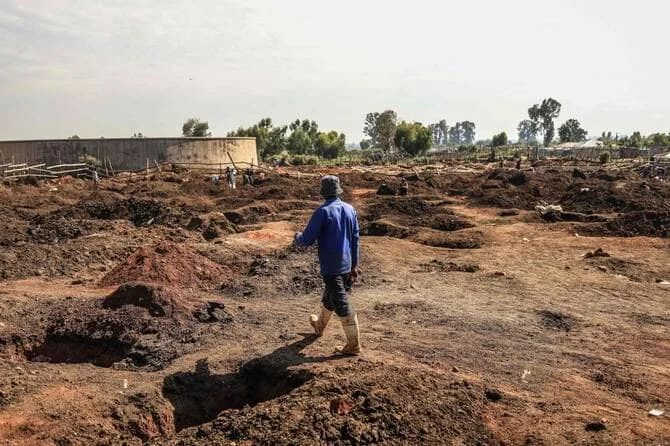Across Nigeria’s fast-moving innovation scene, few platforms have established the kind of evaluative rigor seen at the Council for Business Innovation and Excellence (CBIE) Annual Review. While many conferences reward dazzling narratives and media-friendly presentations, CBIE remains one of the few events where business models are interrogated, not applauded, and that’s by design.
This year’s convening of CBIE judges and participants reinforced a growing sentiment: the continent doesn’t just need more entrepreneurs; it needs more structurally sound businesses. Rather than centering the spectacle of ideation, CBIE’s event redirected attention to systems thinking, operational maturity, and financial integrity. Here, the story alone is never enough.
Every venture was treated as a case study, not a campaign. Founders were not asked to sell their dreams but to defend their mechanisms. Does your product have a defined distribution strategy? Can your team operate under pressure? Do your assumptions reflect the current market, or are they aspirational fluff? These were the types of questions that shaped the room.
Unlike pitch competitions where charisma can momentarily outshine content, CBIE deploys a scoring methodology that strips down surface polish and dives deep into execution. Judges are trained to assess the coherence between a company’s mission and its operating model. They ask: Where are the risks buried in the business design? Is the leadership prepared for scenarios beyond growth like crisis or saturation?
The vetting framework is extensive, but it is not bloated. Core criteria include strategic alignment, leadership accountability, scalability logic, internal system clarity, and market responsiveness. This targeted structure ensures that every scoring decision is based on whether a business can survive, adapt, and evolve.
But the real power of the CBIE event is in what happens beyond the scoresheet. Judges offer in-depth, venture-specific feedback that challenges founders to reevaluate weak assumptions, clarify revenue pathways, and tighten internal processes. In many ways, the most transformative moments happen during the quiet review sessions.
The judging panel is key to the credibility of the process. Each member is selected not for celebrity appeal, but for their proven ability to evaluate ventures beyond surface metrics. These are professionals who have led scale-ups, revived underperforming departments, audited financial and operational models, and advised both private sector firms and government institutions. Their expertise spans critical domains such as product development, enterprise finance, digital infrastructure, regulatory compliance, and organizational transformation.
Judging criteria are structured around four pillars: originality of the solution, clarity of execution, relevance to community or national priorities, and long-term viability. This framework ensures that honorees are not simply rewarded for momentary traction or aesthetic branding, but for the substance, sustainability, and societal impact of their work.
Distinguished panelists like Olabomi Adigun, Nneka Olayemi, Tunde Bakare, Hafsat Bello, Remi Adejare, Kojo Mensah, and Maryam Danjuma brought both rigor and realism to the evaluation process. Their collective insight, drawn from years of experience in managing complexity across sectors, gave the event its grounded credibility.
They are active participants in refining Africa’s enterprise architecture. At CBIE, their job is to measure readiness. And readiness, in this context, has nothing to do with how loudly a founder can pitch, and everything to do with how deeply they’ve thought through their operation.






